Provision of false information and use of information to cause gender discrimination are strictly prohibited in Vietnam
The Law on access to information, which was approved by the National Assembly of Vietnam, strictly prohibits the following acts: deliberate provision of false or incomplete information or delay in provision of information; intentional provision or use of information to offend honor, human dignity and prestige or cause gender discrimination or damage to property of other individual, organization or agency; etc.
The Law on access to information 2016 of Vietnam was officially approved on April 06, 2016. According to this Law, from July 01, 2018 on which the Law comes into force, all citizens are treated equally and not discriminated against in exercising their right of access to information. The provision of information must be made in a timely and transparent manner, convenient for citizens to access and in conformity with procedures regulated by the law.
According to Article 6 of the Law on access to information 2016 of Vietnam, inaccessible information consists of classified information that contains important contents associated with politics, national defense and security, foreign relations, economics, science, technology and other fields as regulated by the law. Once classified information is declassified, citizens may access it as regulated by this Law.
Moreover, inaccessible information also consists of information the access to which is considered as harming the national interests, causing adverse influence on the national defense and security, international relations, social order and security, social ethics and the community health; harming human life, living or property of others; information classified as working secrets; those concerning internal meetings of state agencies; documents drafted by state agencies to serve their internal activities.
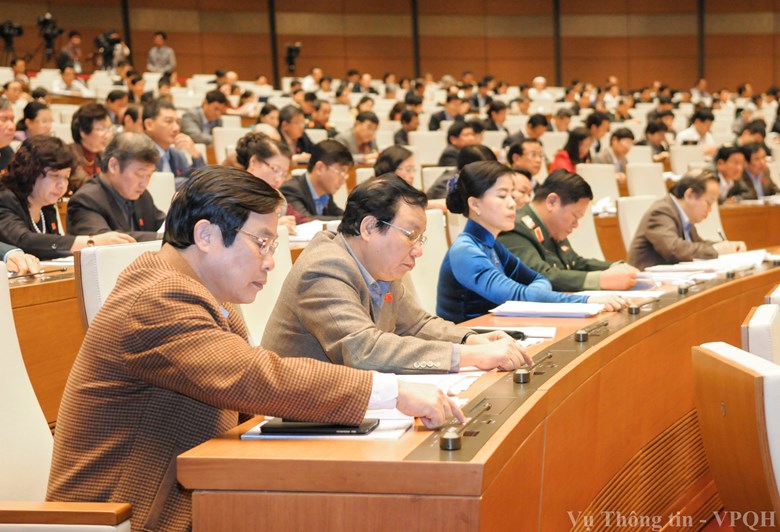
According to Article 7 of the Law on access to information 2016 of Vietnam, accessible information with particular conditions includes: information relating to a trade secret may be accessible if the trade secret holder has assented to the access to such information; information relating to secrets and privacy of an individual may be accessible if such individual grants an assent; information relating to family secrets may be accessible if there is an assent granted by all members of that family; heads of state agencies may, during the execution of their functions, tasks and powers, and where necessary, decide the provision of information concerning trade secrets, personal secrets and privacy or family secrets for the purpose of protecting interests and health of the community as regulated by relevant laws.
Citizens are free to access information disclosed by state agencies and request state agencies to provide information. Information is provided free of charge for citizens, except for other cases of fee collection as regulated by law. However, the applicant for the provision of information must pay fees actually incurred from printing, duplication, photocopying and sending information. The Minister of Finance shall promulgate detailed regulations on fee levels as mentioned in this clause.
The Law on access to information 2016 of Vietnam strictly prohibits the following acts: deliberate provision of false or incomplete information or delay in provision of information; destruction of information; forging of information; intentional provision or use of information to fight against the Government of the Socialist Republic of Vietnam, sabotage the implementation of solidarity policies or incite violent acts; intentional provision or use of information to offend honor, human dignity and prestige or cause gender discrimination or damage to property of other individual, organization or agency; obstruct, threaten or victimize the applicant or provider of information.
Persons who commit acts of violation against the access to information law shall, depending on the nature and severity of their violations, be disciplined or face administrative penalties or criminal prosecution as regulated.
Persons who exercise the right of access to information and use provided information to cause adverse influence on lawful rights and interests of other agencies, organizations or individuals have to incur liability as regulated by the law.
Providing information via the mass media
According to the Law on access to information 2016 of Vietnam, State agencies in charge of providing information must provide mass media agencies in sufficient, accurate and timely manner with types of information which must be released via the mass media as regulated by the law. Publication or broadcasting of information in the press shall comply with regulations of the press law. Mass media agencies must publish or broadcast information in a sufficient, accurate and timely manner. If the state agency finds that the information which it generates and discloses is inaccurate, it must correct such inaccurate information and disclose the corrected information in a timely manner.
Moreover, in case citizens believe that disclosed information is inaccurate, they must request the agency disclosing such information to correct it. Within 15 days as of the receipt of request for correcting disclosed information, the information-disclosing agency shall check the accuracy of such information and respond to citizens' request in writing. If the information-disclosing agency determines that the disclosed information is actually inaccurate as reported, it must correct such information and disclose corrected information in a timely manner. Inaccurate information is disclosed in which method of information disclosure shall be corrected and re-disclosed in that method of information disclosure.
Source: Vietnam People's Forum
- Key word:
- Law on access to information 2016
- Number of deputy directors of departments in Vietnam in accordance with Decree 45/2025/ND-CP
- Cases ineligible for pardon in Vietnam in 2025
- Decree 50/2025 amending Decree 151/2017 on the management of public assets in Vietnam
- Circular 07/2025 amending Circular 02/2022 on the Law on Environmental Protection in Vietnam
- Adjustment to the organizational structure of the Ministry of Health of Vietnam: Certain agencies are no longer listed in the organizational structure
- Vietnam aims to welcome 22-23 million international tourists in Vietnam in 2025
-
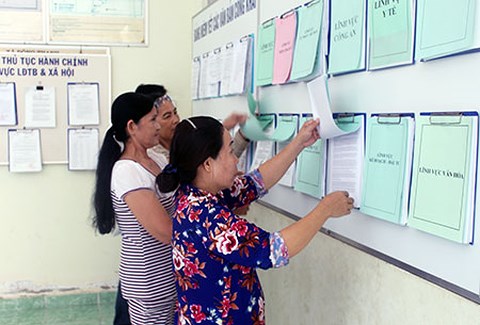
- Vietnam: Ensuring the right of access to information ...
- 09:17, 09/07/2018
-
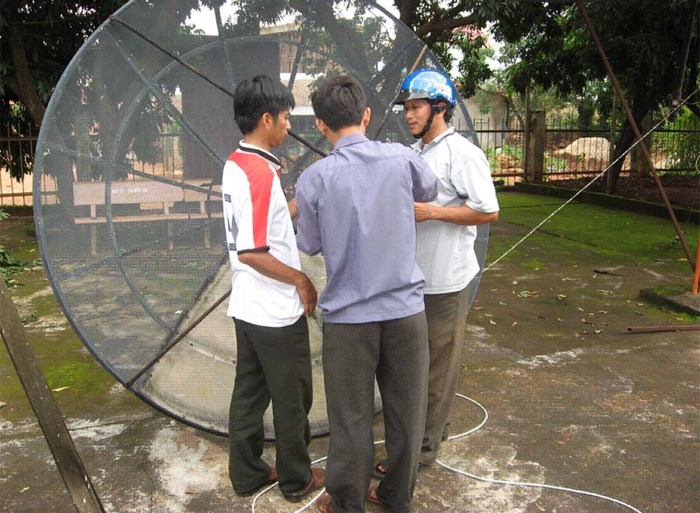
- What information is considered inaccessible in ...
- 09:40, 03/07/2018
-

- 14 information subject to mandatory disclosure ...
- 13:53, 02/07/2018
-
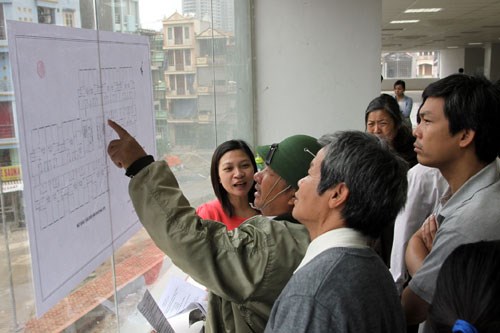
- Vietnam: Citizens must not access information ...
- 15:08, 29/01/2017
-
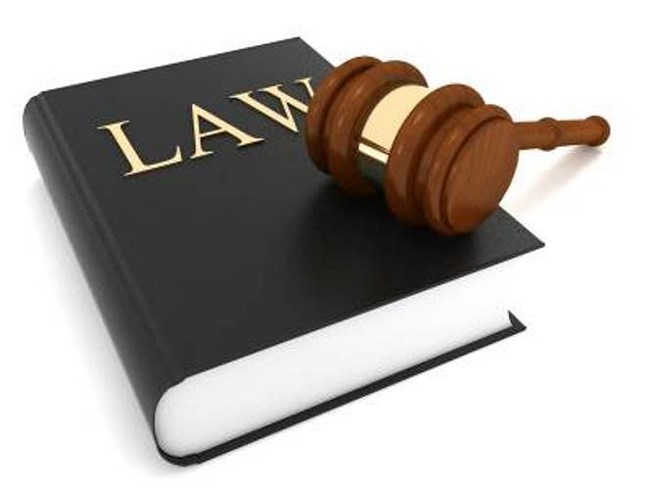
- Vietnam: Citizens have the right to request state ...
- 09:25, 06/05/2016
-

- Notable new policies of Vietnam effective as of ...
- 16:26, 11/04/2025
-
.Medium.png)
- Notable documents of Vietnam in the previous week ...
- 16:21, 11/04/2025
-
.Medium.png)
- Notable documents of Vietnam in the previous week ...
- 16:11, 02/04/2025
-
.Medium.png)
- Notable new policies of Vietnam to be effective ...
- 16:04, 02/04/2025
-
.Medium.png)
- Notable new policies of Vietnam effective from ...
- 14:51, 21/03/2025
 Article table of contents
Article table of contents
